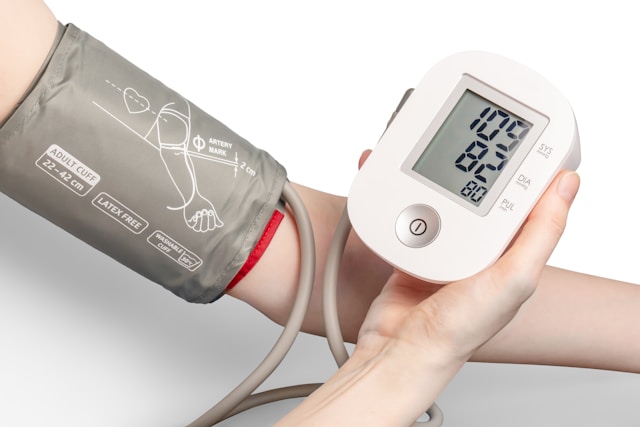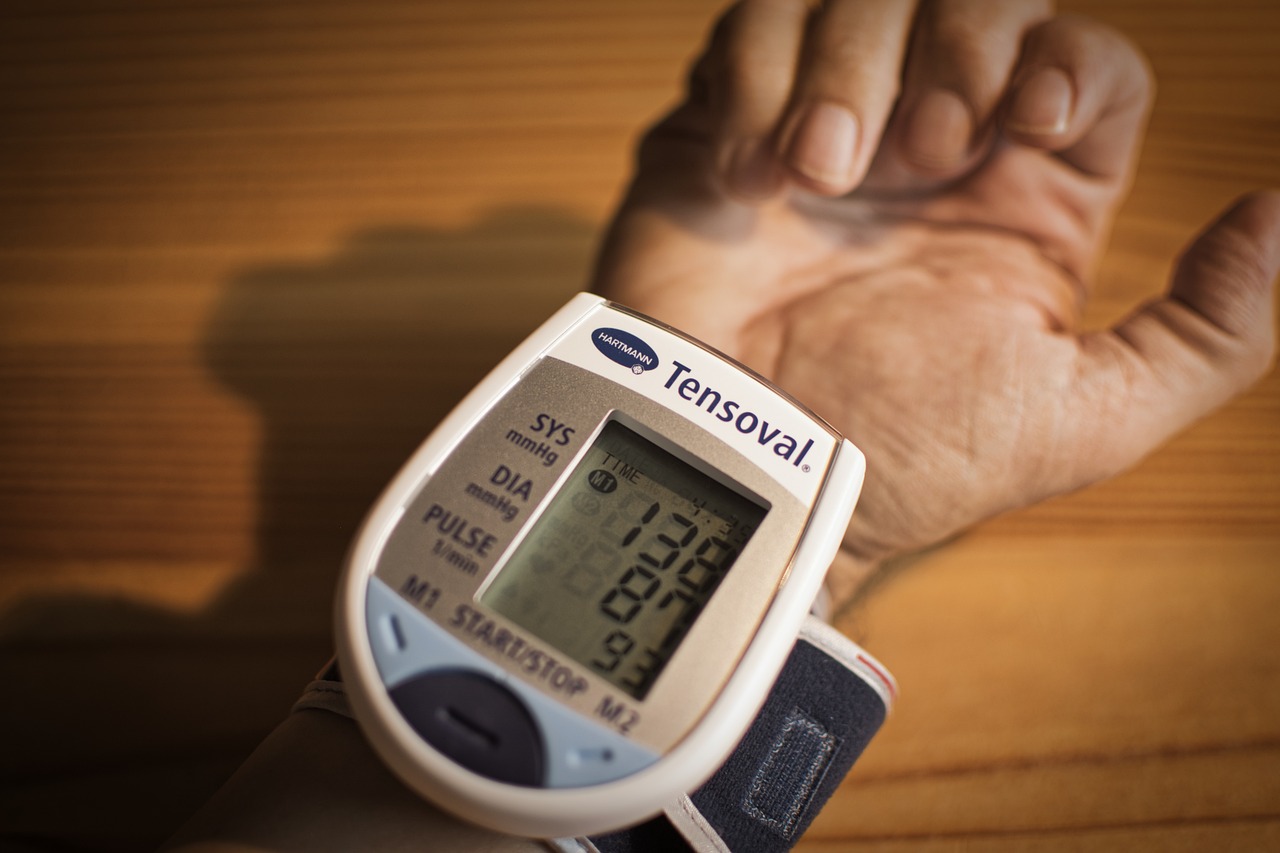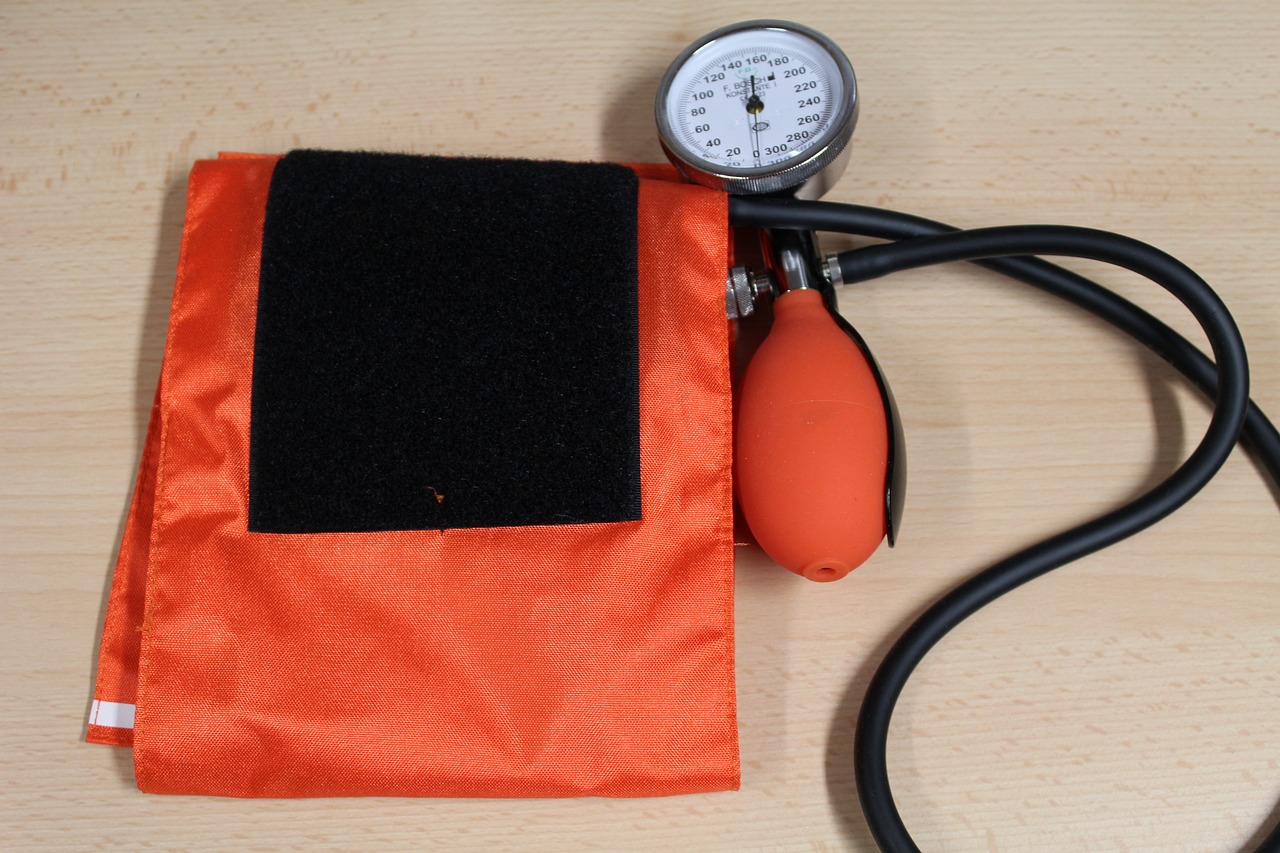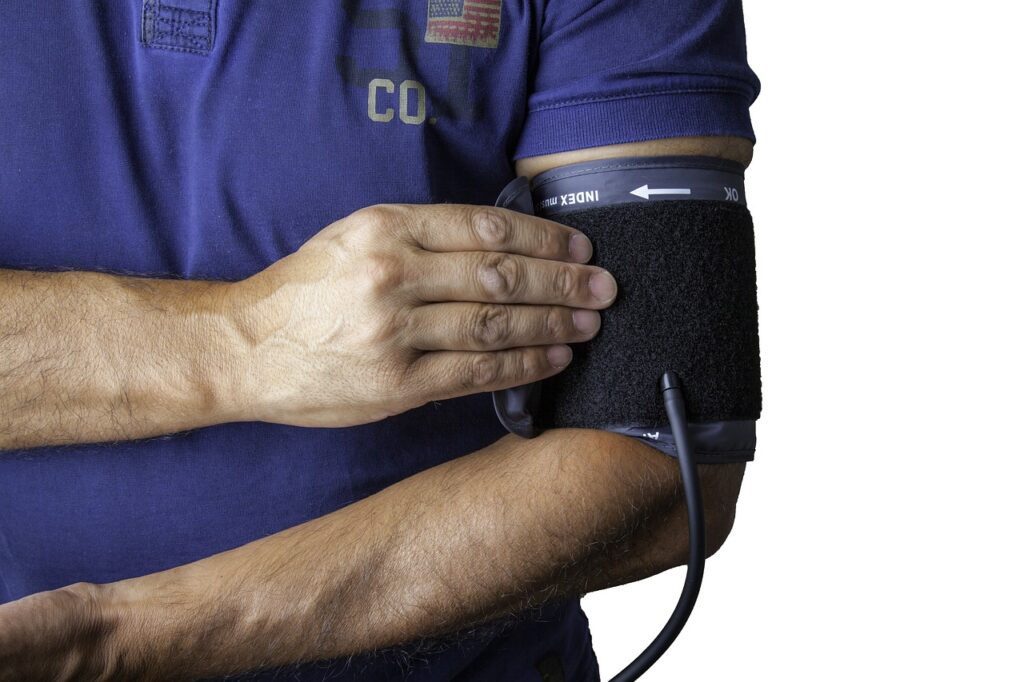Choosing the right tonometer plays an important role in caring for your health and monitoring your blood pressure at home. Cardiovascular diseases, including hypertension, are becoming increasingly common and regular blood pressure monitoring is becoming an integral part of taking care of your health.
There is a wide range of different types and models of tonometers on the market today, which can make choosing the right device a daunting task. In this article, we will provide you with useful tips and advice on choosing a tonometer, starting with a description of the different types of devices and ending with recommendations on how to use them to achieve the best results.
Variety of tonometer types

Automatic Shoulder Tonometers: These tonometers are recognised by medical professionals for their accuracy and ease of use. They automatically inflate the cuff and display measurements on the display, minimising the complexity of manual adjustments. These devices are great for home blood pressure monitoring, providing reliable and accurate measurements.
Wrist and finger tonometers: These tonometers, although compact and convenient, are generally less accurate than the shoulder models. They are attractive for their portability and ease of use, but it is worth remembering that they may be less accurate. They may be convenient for short-term use when travelling, but are not always recommended for long-term blood pressure monitoring at home or for medical purposes.
Key aspects when choosing a tonometer

Clinical validation: Please note that the tonometer has been clinically validated to confirm its accuracy and reliability. This information can be found on the device packaging or on the manufacturer’s official website. By favouring such tonometers, you can be assured of accurate results, which is critical when monitoring blood pressure.
Cuff size: The importance of selecting the correct cuff size cannot be underestimated as it affects the accuracy of your measurements. Before purchasing a tonometer, measure the circumference of your upper arm and ensure that the cuff you choose matches these parameters. Keep in mind that the wrong cuff size can lead to inaccurate measurement results, so pay special attention to this aspect when choosing a device.
Usability: It is also worth considering the usability of the tonometer, especially if you are going to measure your blood pressure regularly. Some models are equipped with large displays, voice instructions, a function to save results and the ability to synchronise with mobile apps. These details provide a level of comfort and convenience when using the tonometer.
Specific needs: If the tonometer is intended for use by elderly people, pregnant women or children, make sure it is adapted to their needs. Some models are designed with these user groups in mind, which may be important when making your choice.
Price range and affordability: Set your budget in advance and choose a tonometer that fits your financial means. Keep in mind that a higher price does not always guarantee better quality. It is important to find a balance between price and functionality that suits your needs.
Reviews and testimonials: Before buying a tonometer, it is a good idea to read user reviews and get recommendations from medical professionals. The experience of other users and advice from professionals can help you make a more informed choice.
With these key aspects in mind, you will be able to choose the tonometer that best suits your needs and provides accurate and convenient measurements of your blood pressure.
Tips for choosing a tonometer

Consult a medical professional: Before you start choosing a tonometer, talk to your doctor or an experienced medical adviser. Tell them about your needs and requirements to get personalised recommendations tailored to your current health condition.
Consider the cuff size: When choosing a tonometer, pay attention to the cuff size. Make sure it matches the size of your arm or the patient’s arm, as an incorrectly fitted cuff may result in inaccurate measurements.
Research reviews and ratings: Do your research and read reviews and ratings of different tonometer models. The experience of other users can be helpful in making a decision.
Pay attention to the brand: Give preference to tonometers from well-known and trusted manufacturers. This often guarantees high quality and reliability of the device.
Consider your budget: Determine in advance your budget for buying a tonometer and choose a model that fits your finances. Remember that price does not always reflect quality.
Consider additional features: If you need additional features such as arrhythmia indicators or the ability to save data, make sure the model you select supports these options.
Evaluate usability: The usability of the tonometer is important for regular blood pressure monitoring. Check how easy and comfortable it is for you to operate the device by paying attention to details such as the convenience of the buttons and the readability of the display.
Compare different types of tonometers: Consider different tonometer options, including mechanical, automatic, and pulse oximeters with blood pressure measurement. Choose the one that best suits your needs and preferences.
By following these tips, you will be able to make an informed choice of a tonometer that will help you effectively monitor your blood pressure and keep your health on track.
Go to the reBITme website and take advantage of the unique cashback offer and enrich your perfume collection with elegant and long-lasting fragrances.





